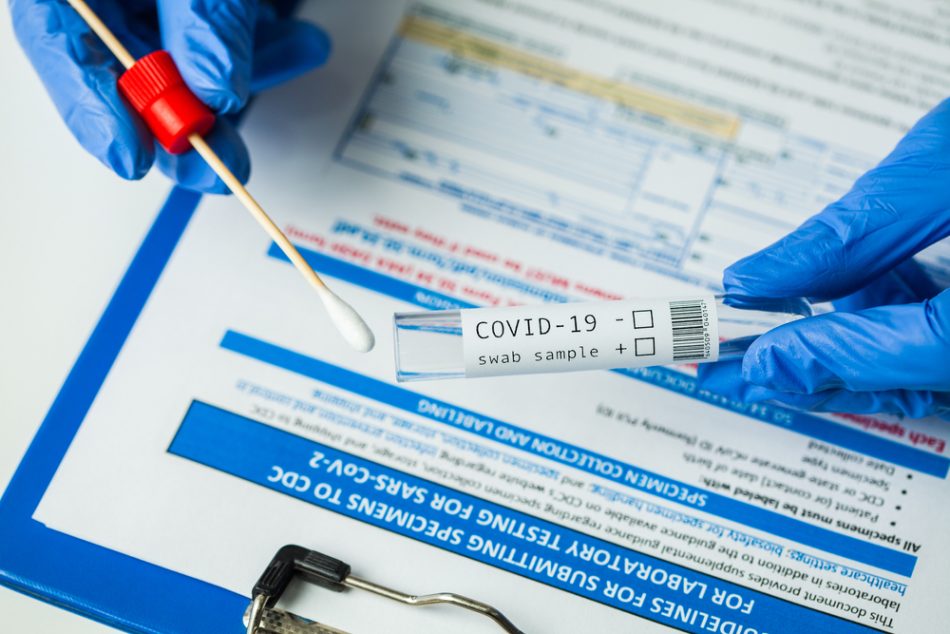Because of limited lab capacity, people getting tested for COVID-19 these days sometimes have to wait days or even weeks to get their results back, rendering the tests nearly useless. This often makes it incredibly difficult for contact tracers to find other infected patients in time to stop the spread of the virus.
And while rapid tests exist, they aren’t always accurate and can be rather costly. But a new low-cost test developed by scientists at Oxford University may solve both problems by producing results in less than five minutes.
“One of the biggest advantages of this is speed — we’re talking about a timeframe of one to five minutes to get a result,” says Nicolas Shiaelis, one of the researchers working on the technology.
Unlike conventional PCR tests that detect genetic material and require extra steps to prepare a sample, the new tests involve throat swabs which are scanned for virus particles. Machine learning software then automatically identifies the pathogen based on its chemistry, size, and shape. According to the research team, the novel test can detect the virus with high accuracy and it can also distinguish it from other viruses, like the flu.
To facilitate the widespread use of this novel technique, the researchers are now building a user-friendly, autonomous device that can be used outside the lab. “Essentially, the test candidate will do a cheek swab or provide saliva,” Shiaelis says. “And then imagine something like a vending machine. You just put [the sample] in, and then it takes care of it.”
The device could enable rapid mass-testing at airports to screen every passenger before they board a plane, and its low cost could allow developing countries, in particular, to benefit from the technology.
The researchers hope to start product development in early 2021 and have an approved device six months afterward. As health officials have noted, through a vaccine is likely to be approved by that time, the technology will still be very useful.












